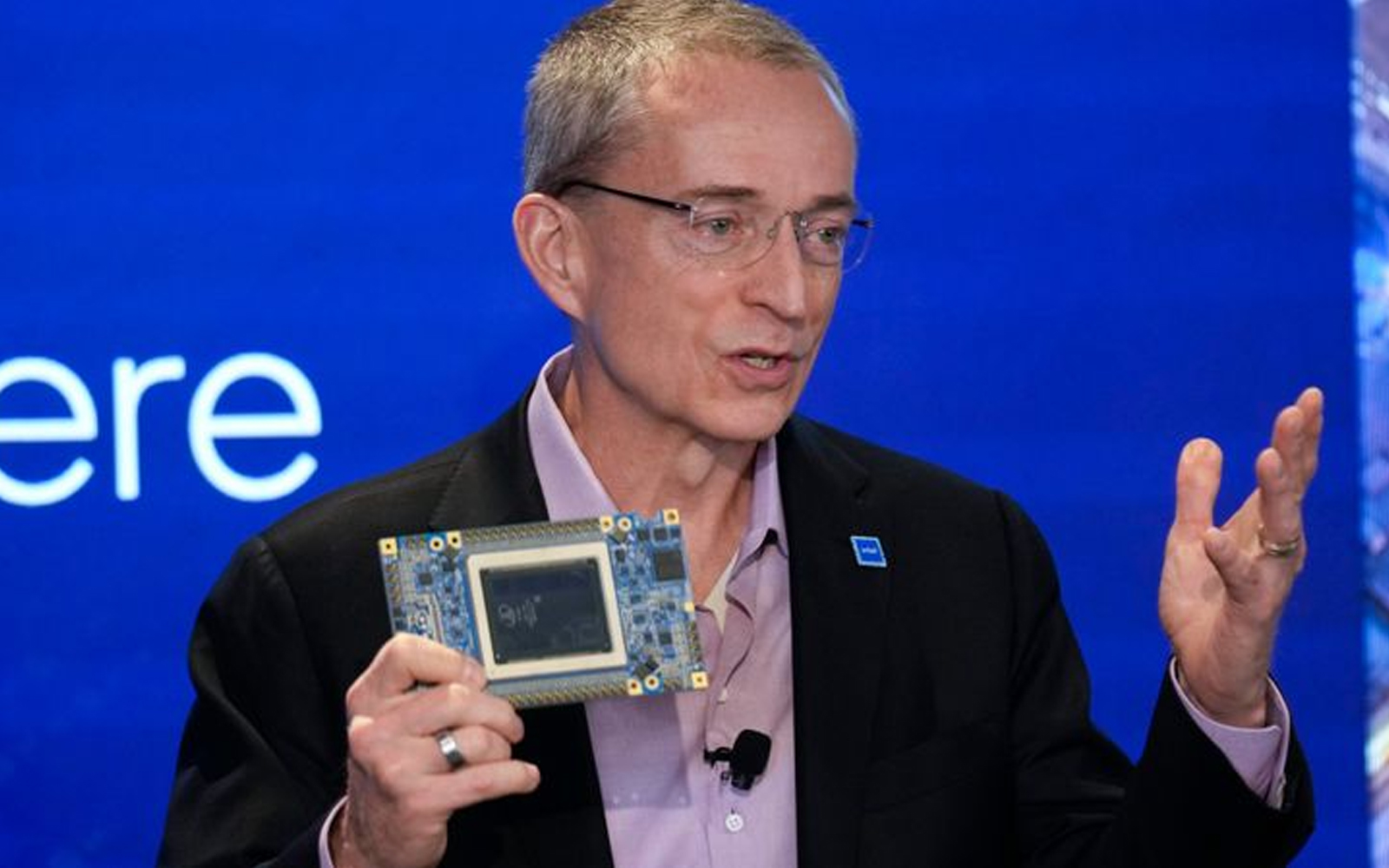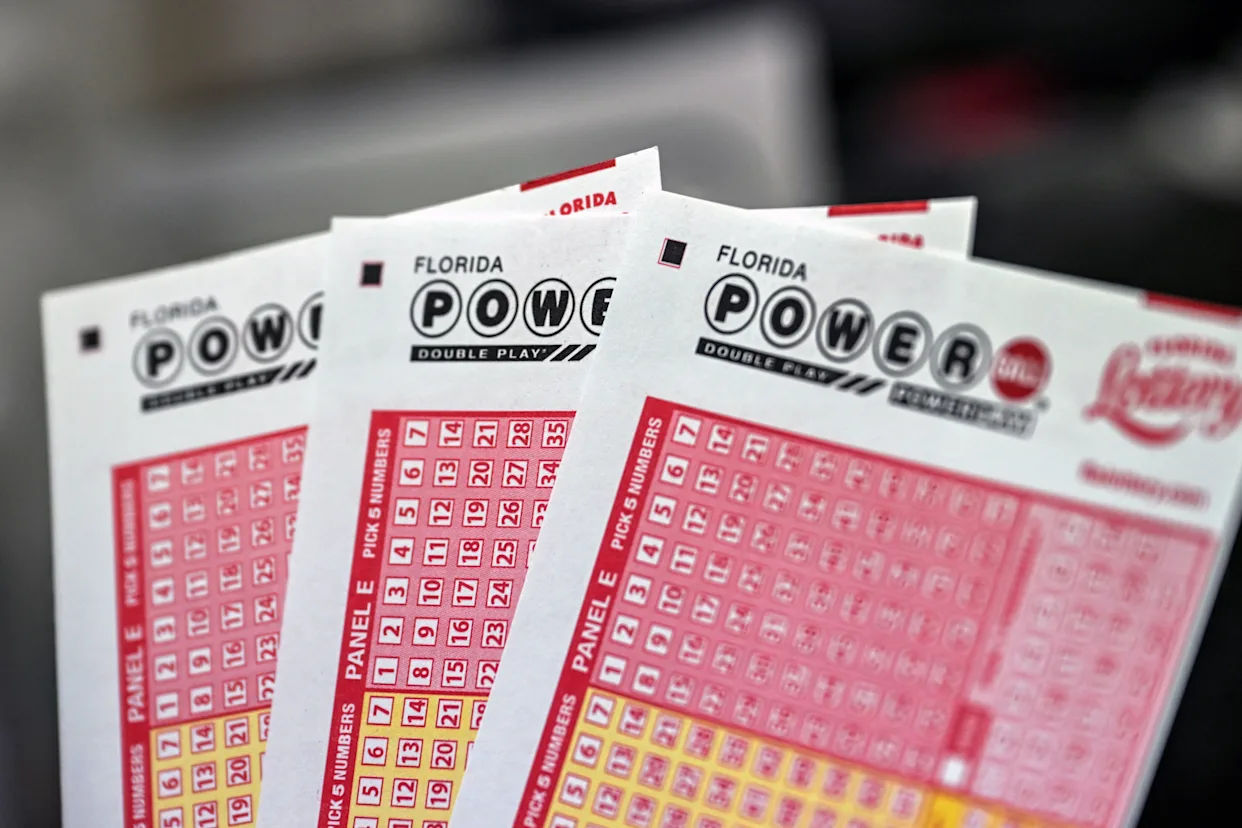
The renowned chipmaker Intel is now seeking a replacement for its CEO, as it continues to face intense competition from Taiwan Semiconductor Manufacturing Co. (TSMC), the leader in producing the world’s fastest and smallest computer chips.
Pat Gelsinger, Intel’s CEO, has resigned after nearly four years at the helm. Leadership of the company has been temporarily handed over to two interim executives while the search for a permanent successor is underway.
Resignation amid strategic shifts
Gelsinger stepped down on December 1, leaving before the completion of Intel’s ambitious and costly four-year plan to reclaim its position as the top producer of cutting-edge computer chips. This title is currently held by TSMC, which manufactures chips for Intel’s competitors, including Nvidia.
Challenges for Intel
Despite remaining a dominant player in the PC and server markets, Intel has struggled to keep pace with the growing demand for chips powering artificial intelligence (AI). Earlier this year, the company announced plans to cut approximately 15,000 jobs globally—15% of its workforce.
While Gelsinger assured investors and U.S. policymakers backing Intel’s recovery efforts that the company’s manufacturing plans are progressing as intended, the results of these initiatives won’t be evident until next year.
Stock performance and leadership transition
Following the news of Gelsinger’s resignation, Intel’s stock rose on Monday, though it has lost more than half its value this year. Last month, Intel was replaced by Nvidia in the Dow Jones Industrial Average index, reflecting the growing dominance of its rival.
The company has appointed CFO David Zinsner and executive vice president Michelle Johnston Holthaus as interim co-CEOs. Intel’s board has also formed a committee to identify Gelsinger’s successor.


